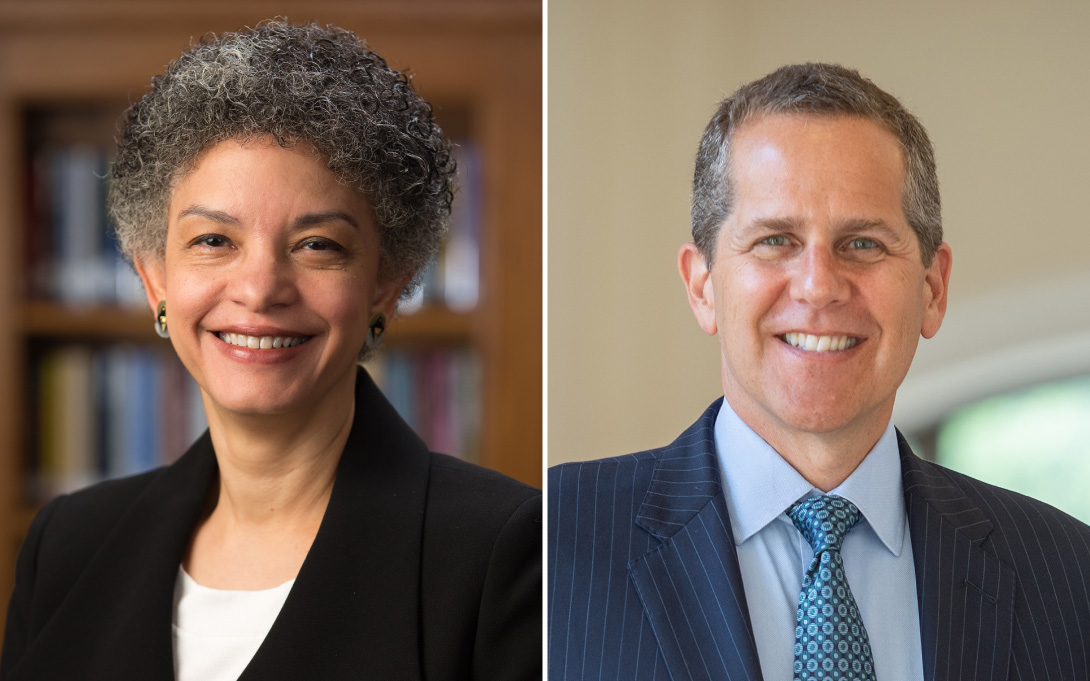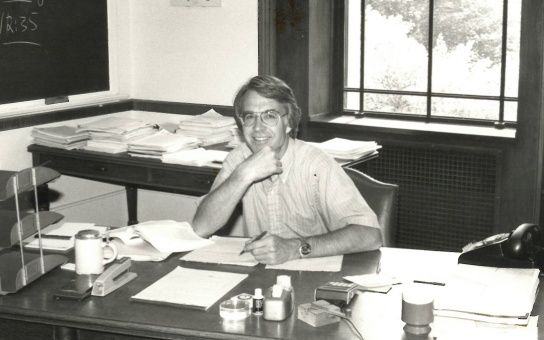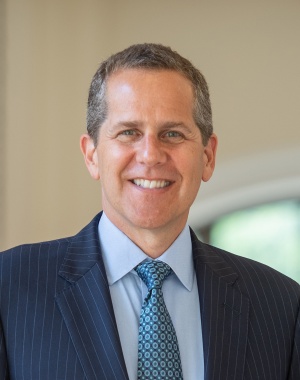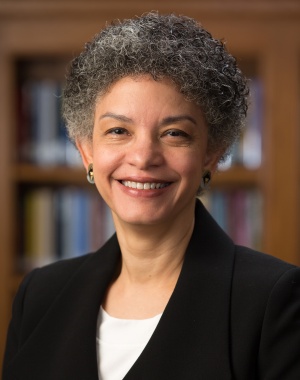
As the U.S. confronts historic inflation, the Federal Open Market Committee (FOMC) announced an interest rate hike of 75 basis points on July 27, for a second straight meeting, which is the most aggressive tightening since the 1980s, when Fed Chair Paul Volcker was also battling high inflation.
New voters on the FOMC include former Ford School deans, Boston Fed President Susan M. Collins and Michael Barr, sworn in earlier this month as vice chair for supervision. This was the first meeting in nearly a decade with a full slate of seven Fed governors.
Collins took office on July 1, making history in becoming the first Black woman to lead a regional Fed bank. At the time she said, “I’m honored to take on this new role and the tremendous responsibility it carries, especially at such an important time for the U.S. economy.” She previously had served as a director for the Chicago Fed for nine years and was a regular at the Kansas City Fed’s annual conference in Jackson Hole, Wyoming.
Earlier in the month, she had stated, “I do know that this is a very challenging time for our economy. While employment has bounced back after the very deep pandemic shock, inflation is too high and addressing this is a key priority for me and my colleagues.”
Barr was approved for his position in a 66-28 Senate vote on July 13. In his confirmation hearings before the Senate Banking Committee, he had said, “I strongly believe that inflation is far too high today and I’m committed to bringing it down to the Federal Reserve’s target of 2%.”

Collins will serve through the remainder of the current five-year term which ends in February 2026, and will be eligible for a further five years. Barr’s term as vice chair lasts for four years, and his term on the board is a ten-year appointment.
Ned Gramlich, who twice had been director of the Ford School’s predecessor, the Institute of Public Policy Studies, and was the school's first 'dean,' having led the transition to the School of Public Policy in 1995, served as a governor on the Federal Reserve Board from 1997 to 2005.

